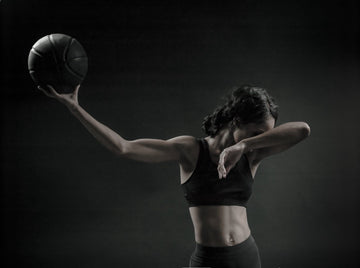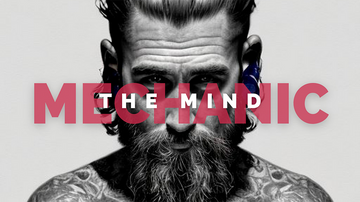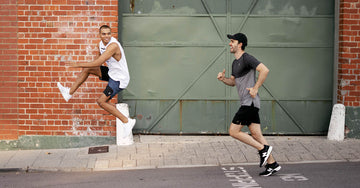Did You Know Athletes Die Twice?

The life of an athlete is very similar to a startup, you have the learning phase, the testing phase, the growth and hopefully the success phase. But like most startups, there are bad days and even the “throw in the towel” give up moments. But what happens after an athlete retires?
“‘You know, athletes die two times’. And it’s true.”- Lauren Jackson
Due to starting out young, being an athlete becomes almost every part of who you are. It can start out as a passion but then can become a way to escape life. Your self-image, reputation, sporting achievements and lifestyle all become intertwined into your identity.
However once the time of being an athlete comes to an end, so does the “high” of competing, then the feeling of no purpose starts to creep in and the things you were running away from through sport are now slowly catching up.
“You put on the top of your resume ‘triple Olympian, dual Commonwealth Games gold medalist’, and I still haven’t heard back from the 10 jobs that I’ve applied for.”- Belinda Hocking, triple Olympic swimmer
People look and treat you differently, there’s a lack of routine in place for you now, no coach in your corner. The money you once had (if you were one of the lucky ones) is now starting to fizzle out. Plus to top it off the injuries you sustained during your athletic career are getting worse. The combination of these often leads to the use of drugs, alcohol and partying to try and get that “high” again.
In a 2015 study of 224 retired elite athletes, the most common mental health issues discovered were depression, eating disorders, and general psychological distress.There is a need for a structured program to help facilitate the mental health of athletes when transition. Charities such as Crossing The Line aim to reduce the prevalence of mental health issues, including suicide rates, in the sporting community. They provide 1:1 psychology sessions to vulnerable members of the sporting community, workshops at schools and academies to educate and support young athletes, and work with the LGBTIQ community to help make sport a safer and more inclusive place for all.

A research project found that 45.2% of football players rated their transition as difficult to very difficult. On top of this, 65.7% indicated that football commitments had a negative impact on their ability to study, decreasing the chances to upskill and prepare for a future transition.
“The moment you get told you can’t play rugby anymore the light goes out. You’ve still got your uniform on, you’ve still got your boots, you’ve got no-one to play with. Nowhere to go and you’re in utter darkness.”- Brendan Cannon
During an athletes career, they tend to miss the boat by not capitalising on their influence. They release products and services once they retire, not when their influence is growing or has peaked. Rookee aims to help athletes capitalise on their growing influence, not impact their professional performance and help to secure a better retirement.
P.S 10 Claps If Retired Athletes Shouldn’t Be Forgotten But Supported
Alex Kuhle Founder of Rookee Download The Free App: www.rookee.com.au My IG: https://www.instagram.com/alex_kuhle Rookee IG: https://www.instagram.com/rookeeau/ Rookee FB: https://www.facebook.com/rookeeau/ My Linkedin: https://www.linkedin.com/in/alexkuhle/
References
- Emilie Wells. After the game.
2. Emma Vickers (2013). Life after sport: Depression in the retired athlete
3. Mary Gearin (2017). Hitting ‘rock bottom’: When professional athletes struggle with life after sport.
4. PFA (2015). PFA Releases the Findings of its Retired and Transitioned Players Report
5. Ryan Leech (2010). The Cons of Being Pro: The Inner Worlds of Professional Athletes.
6. Schwenk, T. L., Gorenflo, D. W., Dopp, R. R., & Hipple, E. (2007). Depression and pain in retired professional football players. Medicine and science in sports and exercise, 39(4), 599–605.
7. SBS. Life After Elite Sport.







